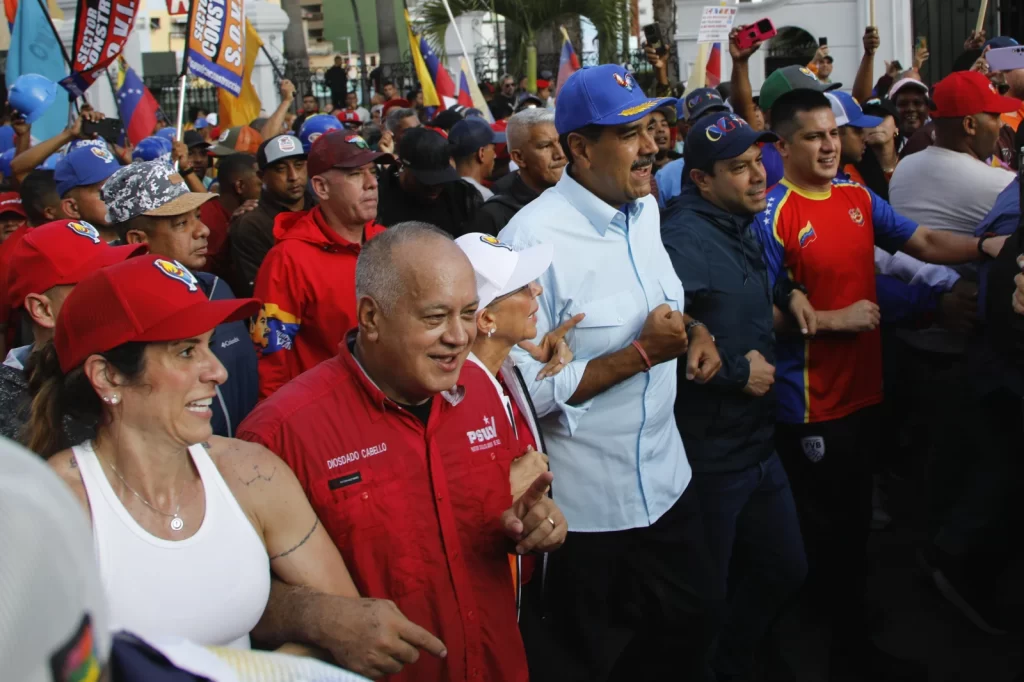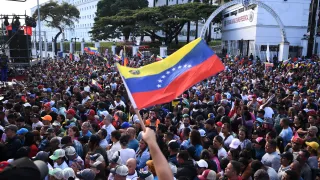CARACAS, Venezuela — Venezuela’s Supreme Court on Thursday backed President Nicolas Maduro’s claim of victory in last month’s presidential election, dismissing allegations of fraud and rejecting vote tallies published online that showed him losing by a significant margin.

The ruling, delivered at an event attended by senior officials and foreign diplomats, comes in response to Maduro’s request for a review of vote totals that he claims show him winning by more than 1 million votes. This decision marks the latest move by Maduro to counter widespread protests and international criticism that followed the July 28 vote, in which the self-proclaimed socialist leader sought a third six-year term.
Venezuela’s high court, widely regarded as loyal to Maduro, has rarely ruled against the government. The court’s backing contradicts findings from international observers, including experts from the United Nations and the Carter Center, who determined that the results announced by authorities lacked credibility.
The main opposition coalition, which supported candidate Edmundo González, has accused Maduro of attempting to steal the election. Opposition volunteers claim to have collected voting tallies from 80% of the 30,000 polling stations nationwide, showing González winning by a more than 2-to-1 margin. These tallies, printed by each voting machine, contain QR codes that allow for easy verification and are difficult to replicate.
International observers noted that authorities did not release a breakdown of results for each voting station, departing from the practice in almost all previous elections. The government has claimed, without providing evidence, that a foreign cyberattack by hackers from North Macedonia delayed the vote count and publication of disaggregated results.

González, the only candidate among ten who did not participate in the Supreme Court’s audit, was accused by the justices of attempting to spread panic. Following the election, González and his chief supporter, opposition leader Maria Corina Machado, went into hiding as security forces arrested more than 2,000 people and cracked down on spontaneous demonstrations protesting the results.
The international community has largely expressed concern over the election process. Numerous foreign governments, including the United States and several of Maduro’s allies, have called for the release of a full breakdown of results.
Gabriel Boric, the leftist president of Chile and a prominent critic of Maduro’s election tactics, strongly condemned the high court’s certification. “Today, Venezuela’s TSJ has finally consolidated the fraud,” Boric stated on his X account, referring to the initials of the high court. “The Maduro regime obviously welcomes with enthusiasm its ruling… there is no doubt that we are facing a dictatorship that falsifies elections.”
The court’s decision is likely to further isolate Venezuela internationally and could lead to additional sanctions from countries that view the election as illegitimate. It also raises questions about the future of Venezuela’s opposition movement and the potential for democratic reforms in the country.



